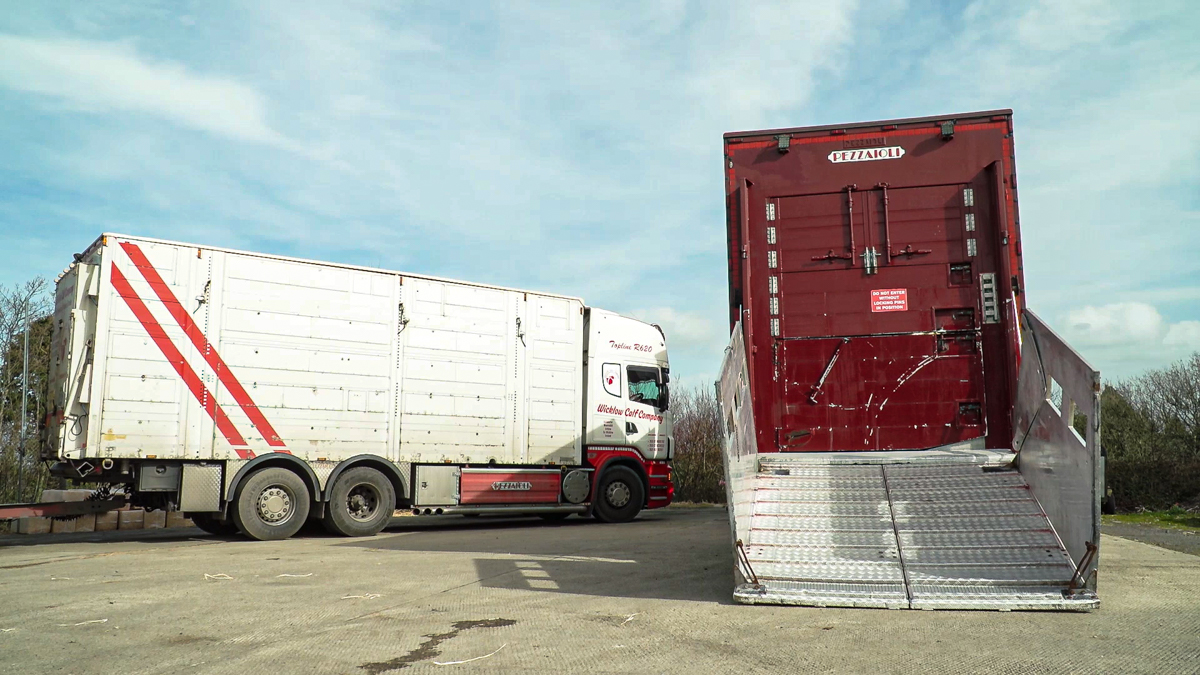Given the vital role that transport plays in Scotland’s livestock industry, NFU Scotland (NFUS) is to direct significant time and resource into its response to recent Department for Environment, Food and Rural Affairs (Defra) and Scottish government consultations.
The Defra consultation relates to journeys in (or partly in) England and Wales.
The key elements are a proposed ban on the live export of stock for further finishing or slaughter and restrictions on journey length and conditions, including outside temperature during transport, headroom and stocking density.
The Scottish consultation looks at the Farm Animal Welfare Council report into animal transport and seeks views on how Scotland might implement the report’s recommendations.
NFUS vice-president Charlie Adam said:
The ability to transport livestock safely is central to the Scottish livestock industry and I have taken more calls on this single issue in the past few weeks than any other policy subject.
“Regardless of whether journeys are made by land or sea, Scotland has an excellent record in ensuring all animal health and welfare requirements in transit are met.”
‘Fundamental transport requirements’
Adam continued:
“These consultations will re-examine fundamental transport requirements that have been in place since the EU Transport of Animals directive was agreed in 2005.
Those requirements around the likes of journey times, rest periods, stocking densities, vehicle standards, vehicle certification and driver competence have been well policed and adhered to in Scotland for more than 15 years to good effect.
“The importance of transport to livestock producers on Scotland’s islands and in more remote areas is paramount and members from those regions have been quickest to voice their concerns to NFUS on the proposals,” he added.
“While NFUS will direct considerable resources to ensuring we capture the views of our members when responding to these consultations, we also urge all farmers and crofters to find the time to respond directly.
“The fact that there are parallel consultations on the subject of animal transport taking place in Scotland and England and Wales presents an immediate post-Brexit test of the integrity of the UK market.
The Northern Ireland protocol and the subsequent agreements also add another layer to the challenge with movement rules for livestock transport from Scotland to Ulster and vice versa.
“These all raise the prospect that those who regularly transport livestock at home or abroad will have to juggle with three sets of rules – Scottish, English and Welsh and European.
“Having regulations that are complementary rather than contradictory will be critical in safeguarding Scottish agriculture’s interests in the UK and EU markets,” he concluded.

